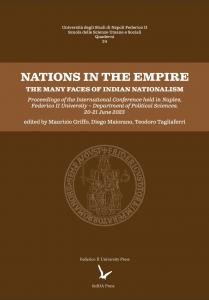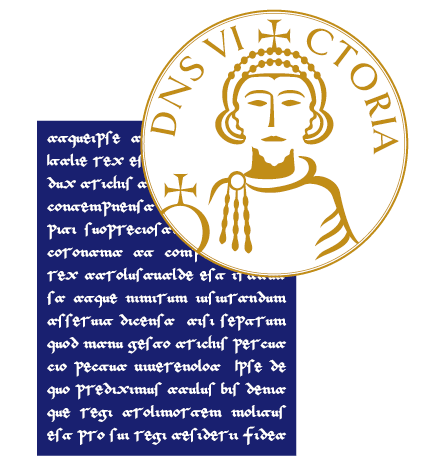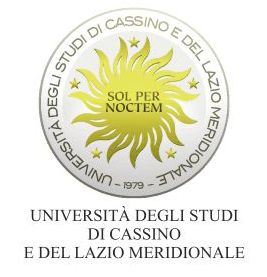Nations in the Empire. The Many Faces of Indian Nationalism : Proceedings of the International Conference held in Naples, Federico II University – Department of Political Sciences, 20-21 June 2023
Keywords:
Impero britannico, Nazionalismo indiano, Storiografia del colonialismo, Storia globale, India contemporaneaSinossi

Editore: FedOA - Federico II University Press
Collana: Scuola delle Scienze Umane e Sociali. Quaderni
Pagine: 191
Lingua: Inglese
Abstract: Questo volume raccoglie gli atti di un convegno di studi tenutosi all’Università di Napoli Federico II nell’ambito delle iniziative scientifiche del PRIN 2022 “Myths of Legitimations and Government of Difference in the European Imperial Regimes during the Modern and Contemporary Age”. I partecipanti sono stati invitati a offrire analisi relative a differenti aspetti di una delle relazioni centro-periferia più cruciali nella storia mondiale del XIX e XX secolo, vale a dire quella tra l’Impero britannico e il suo “gioiello della corona”, l’India. Attraverso un'esplorazione della natura dei conflitti nonché della collaborazione e della negoziazione tra diversi nazionalismi e l'Impero britannico, la Conferenza si è riproposta di chiarire cinque questioni principali: in che modo l'Impero britannico ha gestito la diversità dell'India e quale è stata la risposta della società indiana? La storiografia recente è andata oltre la caratterizzazione dicotomica del Raj britannico come progetto di “divide et impera” o come arbitro imparziale tra comunità in conflitto, come sosteneva il mito imperiale? In che misura i diversi nazionalismi furono un prodotto della contraddittoria modernizzazione dell’India, e questa a sua volta un effetto dell’incontro/scontro con l’Impero? In che senso i progetti nazionalisti dell’India erano genuinamente “nazionali” – anziché “comunalistici” – e in che modo sfidavano o rafforzavano la “politica della differenza” praticata dall’Impero? In che misura il movimento nazionalista indiano, nella sua varietà e interna conflittualità, e la risposta imperiale ad esso hanno plasmato i discorsi dell’India indipendente sull’identità nazionale e sui conflitti sociali? Più specificamente, i contributi raccolti nel volume sviluppano analisi raggruppate attorno a due prospettive. In primo luogo, l’esame comparativo dei diversi nazionalismi “religiosi”, in particolare indù e musulmano; e, in secondo luogo, il ruolo delle figure chiave che rappresentano i diversi filoni e le diverse fasi del movimento nazionalista indiano, da Gandhi a Tilak, da Bhagat Singh ad Ambedkar. I due saggi conclusivi mirano altresì a fornire al lettore elementi chiave del retroterra storiografico dei dibattiti e delle controversie in corso sulle relazioni indo-britanniche, focalizzandosi sul contributo e sull’evoluzione della cosiddetta “Scuola di Cambridge” di storia coloniale e globale.
Downloads
















